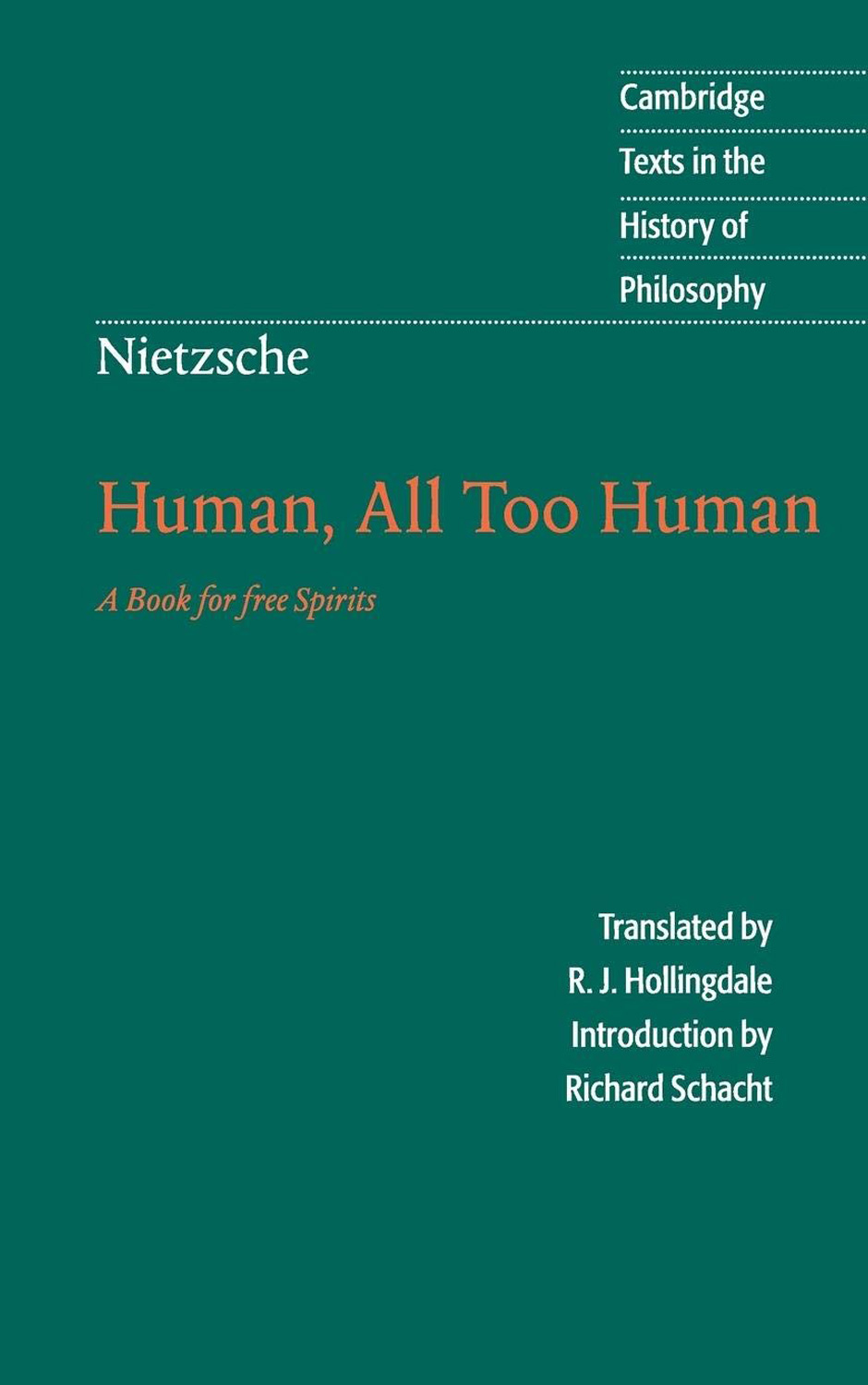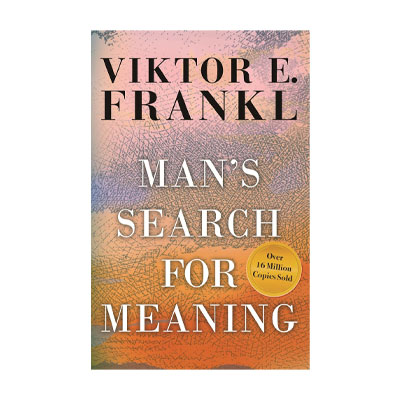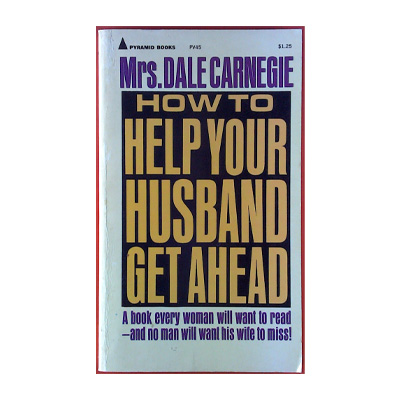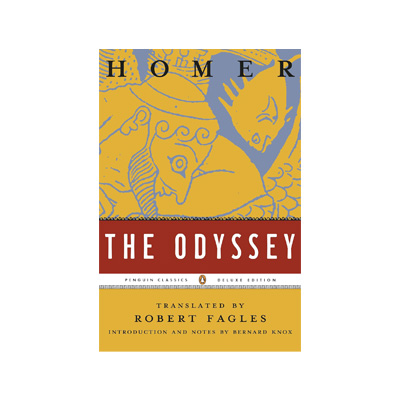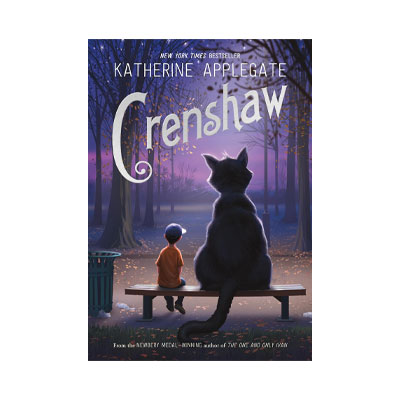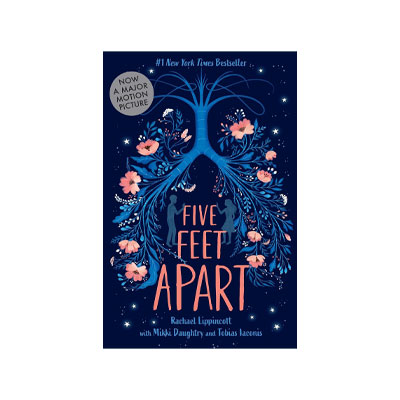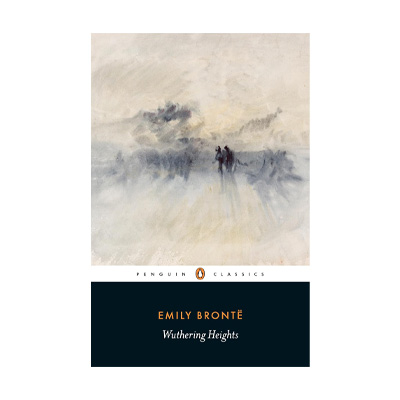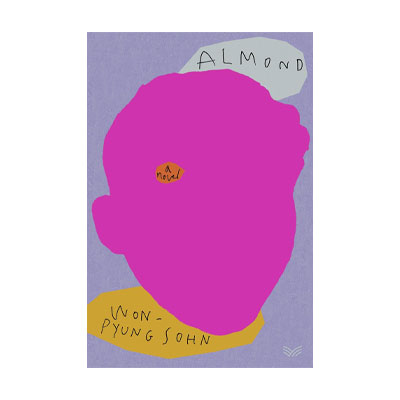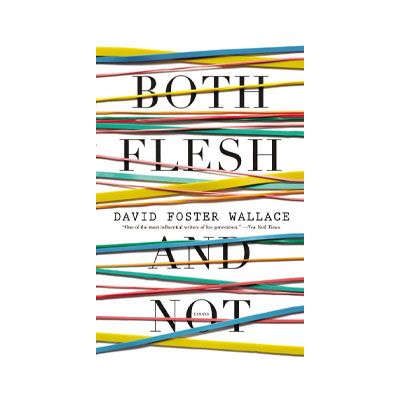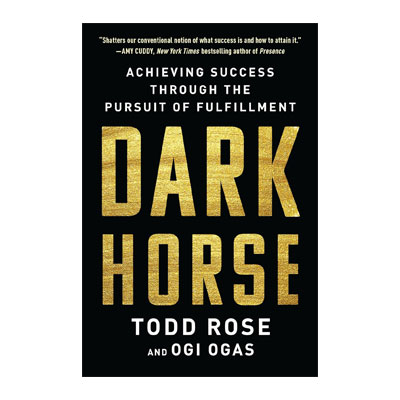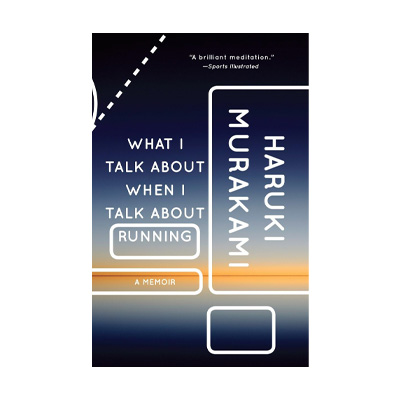Book Summary
The book This is Human is the last work of Friedrich Nietzsche, in which he discussed the reasons for writing his previous works and also described his life. Peter Gast, a close friend of Nietzsche, caused the publication of this work because this book, after it was written by Nietzsche, due to the psychosis that happened to this great writer, needed the help of others to complete and finalize its printing process.
The original name of the book is Now Man, which has been translated into Persian three times with the names: Crucified Man with a translation of Roya Monajem, Now Man translated by Behrouz Safdari, and Now Man translated by Seyed Saeed Firoozabadi. Since the mentioned book is actually an autobiography of the last days of Nietzsche's life and his mental state, it has greatly stimulated the curiosity of those interested and can give them a general view of his personality, life and works. The work was written in 1888, but it was published 20 years later, i.e., in 1908, and it has been translated into many living languages of the world and has been given to different people of different nationalities.
Nietzsche, with his own special pen and in line with the formation of a complete mentality, has tried to better justify and inform his audience by introducing himself and his thinking at the end of his writing journey and of course his life.
About the Author
Friedrich Wilhelm Nietzsche was born on October 5, 1844 and had various professions such as: philosopher, poet, literary critic and composer. Born in a small town called Ruken in Leipzig, he studied for a while in a public school and then in a private school. After graduating from high school in 1864, Nietzsche decided to study theology at the University of Bonn, but dropped out after one semester. He died on August 25, 1900 after suffering from a disease that caused him to lose his mental powers.
Who Should Read the Book?
Nietzsche's fans are generally readers who like his thoughts and the movement of his pen on paper, so they are advised to read this book as one of his last works and as a good ending to them. Also, those interested in the field of study, if they want to read a deep work in the field of biography, they should never hesitate to read such a work.
Table of Contents
After a note from the translator and a preface, the story has been prepared and presented to the reader in 15 sections with the following titles:
- Why am I so wise
- Why am I so smart
- Why do I write such good books
- The Birth of Tragedy
- Untimely Treatises
- Human Being Very Human
- Dawn
- Happy Wisdom
- Thus Said Zarathustra
- Beyond Good and Evil
- Genealogy of Morals
- The Sunset of Idols
- Wagner's Theorem
- Why I'm Destiny
- Zarathustra, Nietzsche and Salome
Book Quotes
Those who know how to breathe the air of my writings know that this air of the heights is a strong air. We must be made for such weather because there is no small risk of catching a cold in such weather. The ice is scary so close and alone, but it's amazing that everything is so calm in the light. It's amazing that breathing is free, it's amazing that we feel many things under our feet.
Philosophy, so far as I now understand it, is living voluntarily in the ice and high mountains, that is, digging for all the alien and questionable things of existence, and all those morals have so far obscured.
Whatever does not kill him makes him stronger.
A person is the least related to his parents and this is a sign of extreme arrogance that a person is related to his parents.
Nothing burns you out faster than resentment.
When I was young, I thought that smoking is one of the pleasures of young men, but later I realized that it is a bad habit.
I am someone who after forty-four years of age can say: I have never tried for honor, women and money.
A woman is much more evil than a man and even more intelligent.
Have you heard my answer to the question of how to heal a woman and bring her to salvation? A child should be provided for her. A woman needs a child and a man is only a means for this.
It is more difficult to forgive friends than enemies.
I have never learned the art of offending others, even when it was very valuable to me, though it seems very unchristian. I have even once offended myself. If they scrutinize my life to find just this one time, they will not find any trace of anyone being malicious to me, but they may find many traces of the goodwill of others, even my experiences with people whom everyone has had a bad experience with. Without exception, all are signs of benevolence. I will tame any bear, even clowns will be polite.
Ice is near, loneliness is terrible, but with what peace and tranquility everything rests under the light, man, how freely he breathes. Those who choose silence are constantly lacking tenderness and decency of heart. Silence is a form of opposition and swallowing and necessarily destroys the character.
No dry thinking speaks here, they don't preach here, they don't ask for faith, but they pour these words drop by drop, sentence by sentence, from the boundless sea of light and the depth of happiness. Such work can only be done by the elders and listening is a unique privilege, there is no one who freely listens to Zoroaster.
The figs fall from the trees, The red skin of the good, sweet figs is peeled off as they fall for the ripe figs, I am the north wind Hence, my friends
Because figs, these teachings will be given to you, taste its nectar and eat its sweet flesh, everywhere is autumn and the sky is clear and afternoon.
I have a feeling of superior sympathy against what is today called aristocracy.
From my point of view, having such a father is quite a big privilege because the farmers to whom he preached said that without a doubt the angel also has a face like my father's. I am a Polish nobleman of pure blood, not even a drop of dirty blood, i.e., the smallest amount of German blood, has mixed with it.
